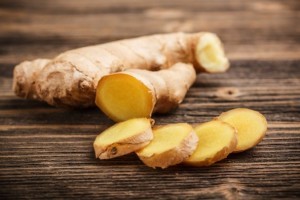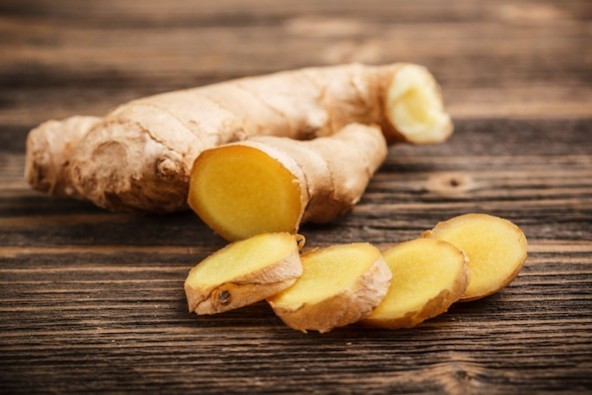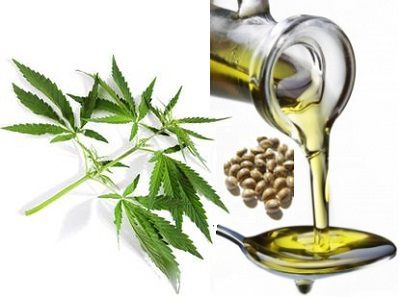
Historically, ginger has a long tradition of being very effective in alleviating symptoms of gastrointestinal distress. In herbal medicine, ginger is regarded as an excellent carminative (a substance which promotes the elimination of intestinal gas) and intestinal spasmolytic (a substance which relaxes and soothes the intestinal tract). Modern scientific research has revealed that ginger possesses numerous therapeutic properties including antioxidant effects, an ability to inhibit the formation of inflammatory compounds, and direct anti-inflammatory effects.
Versatile, flavorful, and therapeutic, ginger is quite a wonder plant.The rhizome of the plant Zingiber officinale, ginger is indigenous to southern China. It eventually spread to the Spice Islands, other parts of Asia, and then to West Africa and the Caribbean. In the first century AD, ginger was exported to Europe via India, thanks to the lucrative spice trade. Currently, India is the largest producer of ginger.
Healers have praised ginger for its medicinal properties for thousands of years and it is a folk medicine favorite. Its use as a stomach soother goes back centuries. As one sixteenth-century physician put it: “Ginger does good for a bad stomach.” In The Family Herbal from 1814, English physician Robert Thornton noted that “two or three cupfuls for breakfast” will relieve “dyspepsia due to hard drinking.”Here are some areas in which the therapeutic properties of ginger have …
A small pilot study suggests that ginger supplementation may have chemopreventive effects for those at increased risk for colon cancer with normal-appearing colonic mucosa. More and larger studies are needed to confirm any true benefit with ginger supplementation for symptom control or chemoprevention.
The site lists these possible uses for ginger:
- Diarrhea
- Drug withdrawal symptoms
- Indigestion
- Motion sickness
- Nausea and vomiting
- Respiratory ailments
- Rheumatoid arthritis
- Spasms
- Stomach and intestinal gas
The beauty of ginger is that in addition to providing a variety of health benefits, the plant happens to have a pleasant flavor. It is slightly biting, hot, and pungent, with a rich fragrant aroma. Ginger is available in many forms, including fresh, dried, powdered (also referred to as ground), pickled, preserved, and crystallized (or candied).
Gingerol is the main active constituent of ginger. When ginger is dried, gingerol undergoes a dehydration reaction and forms shogaols, which are about twice as pungent as gingerol. Shogaols have a very strong antitussive (anti-cough) effect, and it, like gingerol, reduces blood pressure and gastric contractions.
Use ginger in stir-fries, teas, soups, baked goods, kimchi, coffee, spiced apple cider, Chai tea, ginger-peach jam, lemon, honey, and ginger cough syrup, and in fresh vegetable or fruit juices (a delicious combination is apple, carrot, orange, and ginger).
Ginger plant can be grown at home garden or as potherb so that its fresh roots and leaves can be readily picked up for instant use. In the store, however, choose organic, fresh root over the dried form, since it is superior in quality and flavor.
Fresh roots should feature heavy in hand, stout, juicy, has grey-yellow peel and free from dark spots or mold. Dried, powdered, or ground root can also be found in these stores; however, they may contain significantly decreased levels of volatile oils like gingerols.
Fresh root can be kept in the refrigerator for up to a month or so. Powdered/ground ginger should be stored in the refrigerator in airtight containers.
Please Read this Article at NaturalBlaze.com





Leave a Reply